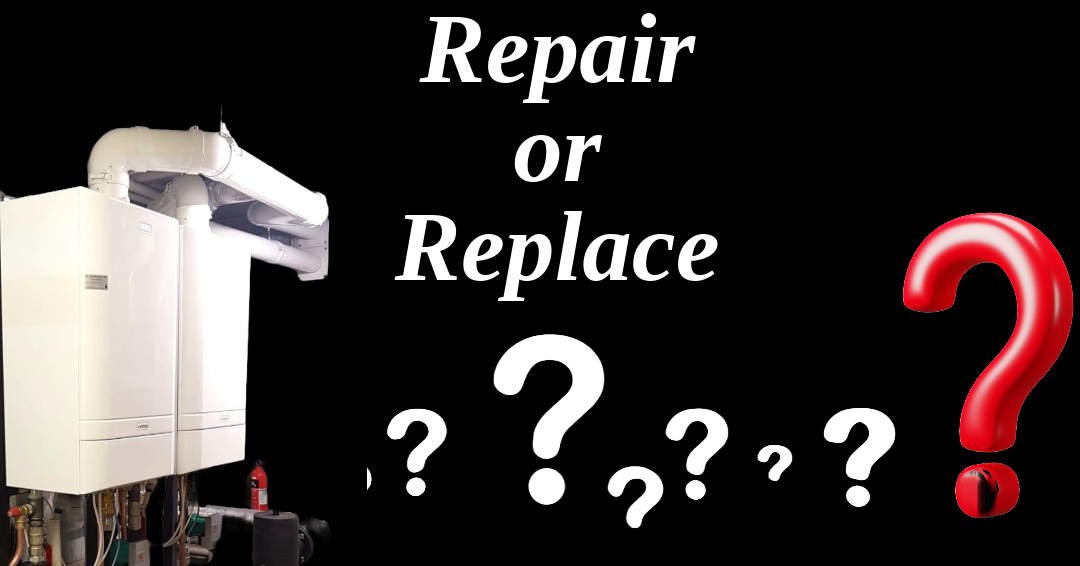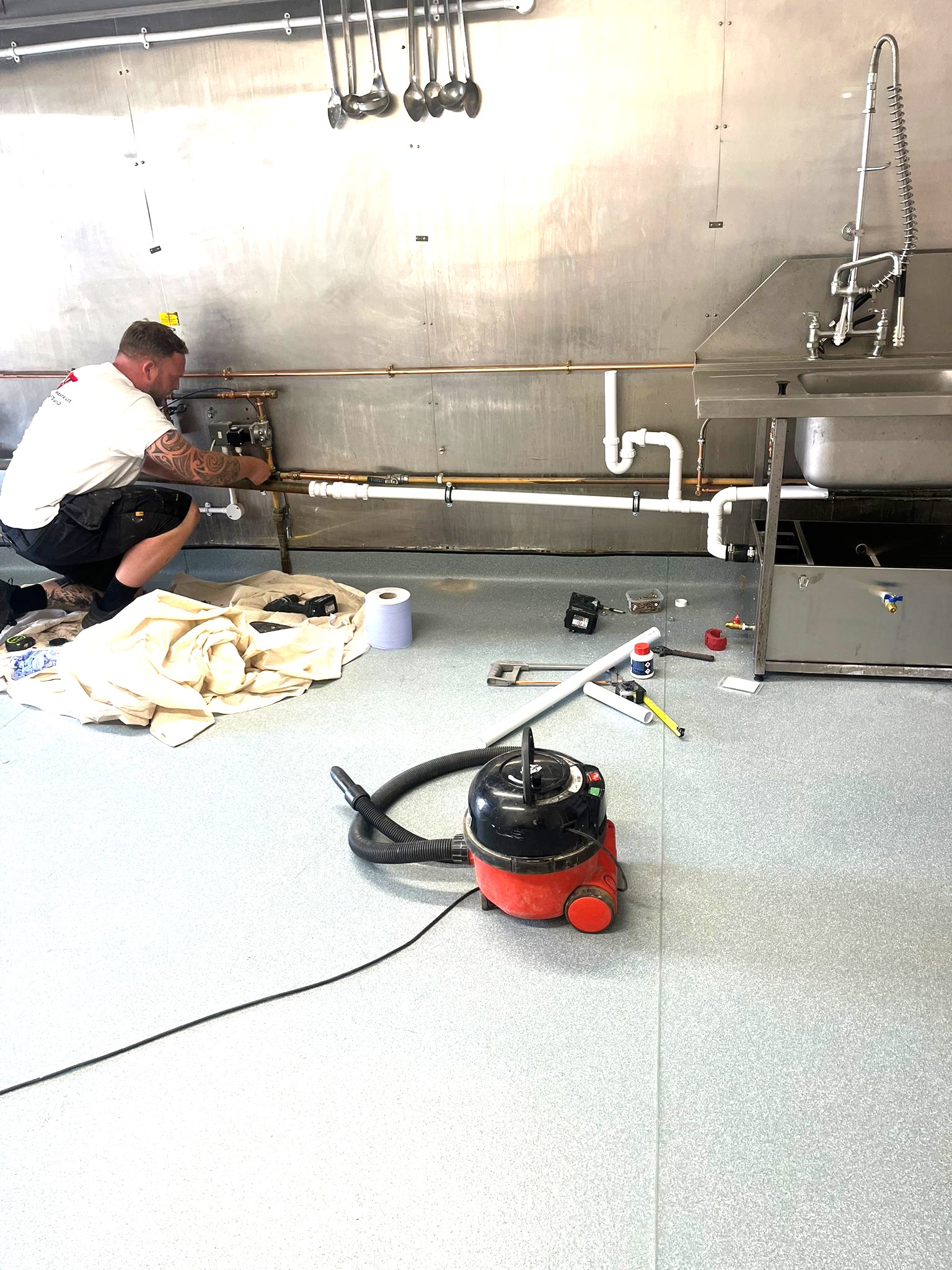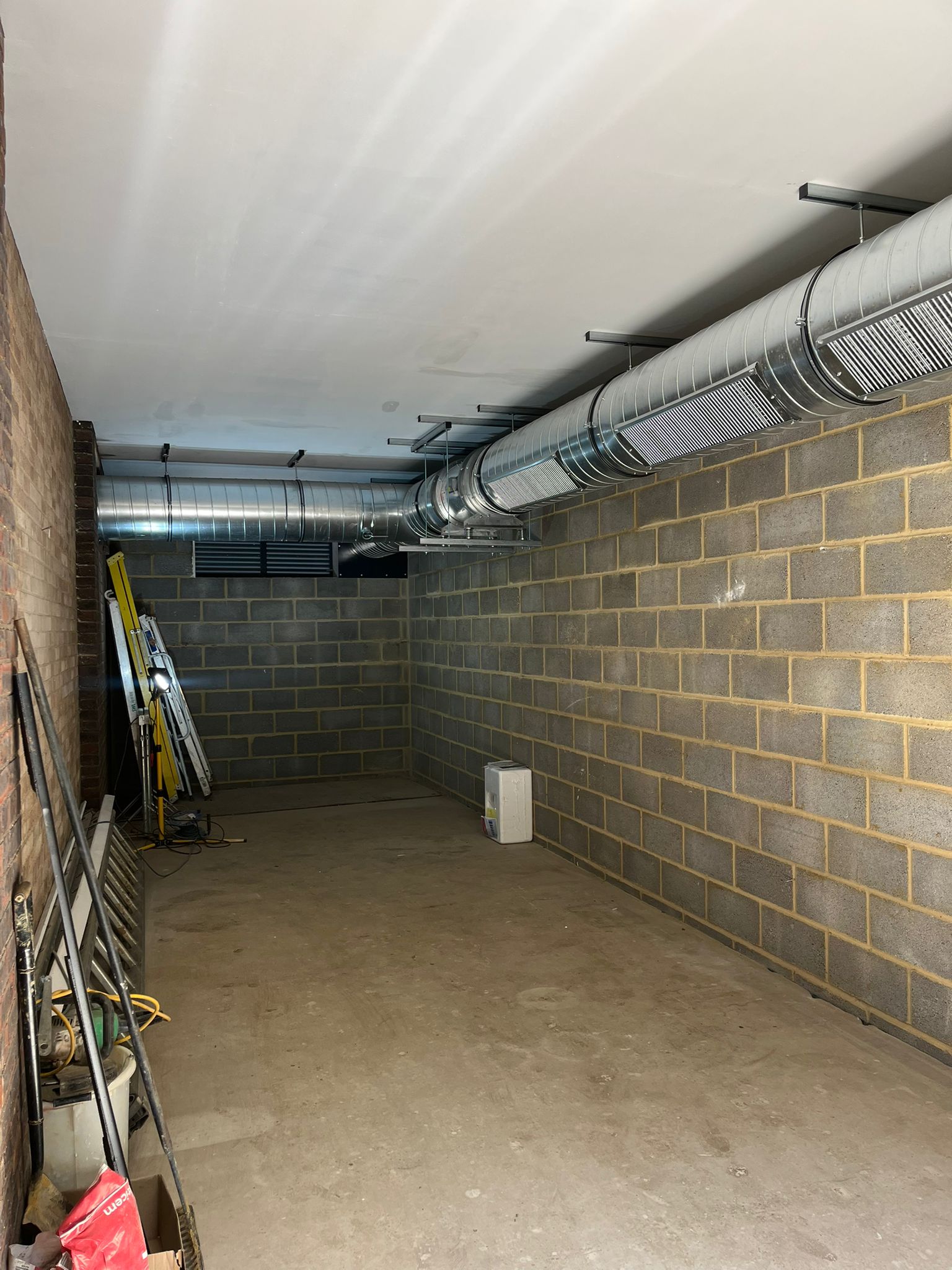Quick Guide: Repair vs. Replace – What to Do with Your Commercial Boiler?

When your commercial boiler starts acting up, the big question is: Should you repair it or replace it? Here’s a quick guide with key factors to help you decide:
When to Repair:
- Boiler is Under 10 Years Old: Modern boilers, whether gas, oil, biomass, or electric, tend to be more reliable, and repairs can often extend their lifespan.
- Minor Issues: Simple repairs like replacing a valve, fixing a leak, or addressing pressure issues are often cost-effective and can keep your system running smoothly, regardless of fuel type.
- Low Repair Costs: If the repair is relatively inexpensive and hasn’t been a frequent occurrence, it may make sense to fix the issue rather than replace the system.
- Recent Maintenance: If your boiler—be it fuelled by gas, oil, biomass, or electricity—has been well-maintained and is still efficient, a repair might keep it going for several more years.
When to Replace:
- Boiler is Over 15 Years Old: Older systems, whether gas, oil, biomass, or solid fuel, are often inefficient and may no longer meet modern energy standards. Replacement can drastically cut energy bills.
- Frequent Breakdowns: If your boiler, irrespective of fuel type, is regularly needing repairs, those costs can quickly add up and may exceed the price of a new unit.
- Rising Energy Bills: If your energy costs are climbing despite routine maintenance, your system may be inefficient and beyond saving.
- Safety Concerns: If your boiler presents hazards like leaks, carbon emissions, or fails safety inspections, a replacement is the safest and most cost-effective option.
Other Considerations That Can Impact Replacement Costs:
When deciding to replace your boiler, these factors can significantly affect the overall costs:
- System Reconfiguration Needs: Modern boilers may have different installation requirements, which can require reconfiguring the existing pipework or modifying the plant room layout. This ensures the new system operates efficiently and safely but may increase the labour and material costs during installation.
- Old Flues on Non-Condensing Boilers: Older, non-condensing boilers often use outdated and incompatible flue systems that were designed for basic venting. These older flue setups may leak or corrode over time, posing safety risks and reducing the system’s efficiency. Modern condensing boilers require updated flue systems to handle condensate, improve heat recovery, and ensure safe operation. Replacing or modifying the flue during a boiler replacement can add to the upfront cost, but it’s essential to maintain safety and efficiency standards.
- Incompatible or Damaged Flue Arrangements: If the existing flue system has deteriorated or is incompatible with modern condensing technology, it can lead to flue leaks and operational issues. This often necessitates a complete flue upgrade to meet compliance standards and ensure safe operation. While this may add to replacement costs, it is crucial for safety and efficiency.
- Importance of Flushing Before Replacement: Flushing the system before installing a new boiler is essential. Over time, sludge and debris can accumulate, impacting the efficiency and longevity of new equipment. Flushing ensures a clean installation, prevents future issues, and maximises the performance of the new boiler, but it can also add to the upfront replacement costs.
Making the Decision:
- Consult an HVAC Professional: Have an HVAC professional assess the condition of your boiler and advise on whether repairs or replacement is the most cost-effective and safe option for your specific fuel source, including biomass.
- Evaluate Costs: Weigh the costs of frequent repairs versus investing in a new, energy-efficient system that can reduce operational expenses over time.
- Long-Term Savings: A new boiler, whether gas, oil, biomass, or electric, may be a larger upfront investment, but the reduced energy costs, fewer repairs, and improved performance can make it worth the switch.
Making the right decision can save you money, improve heating efficiency, and ensure the safety of your building.


